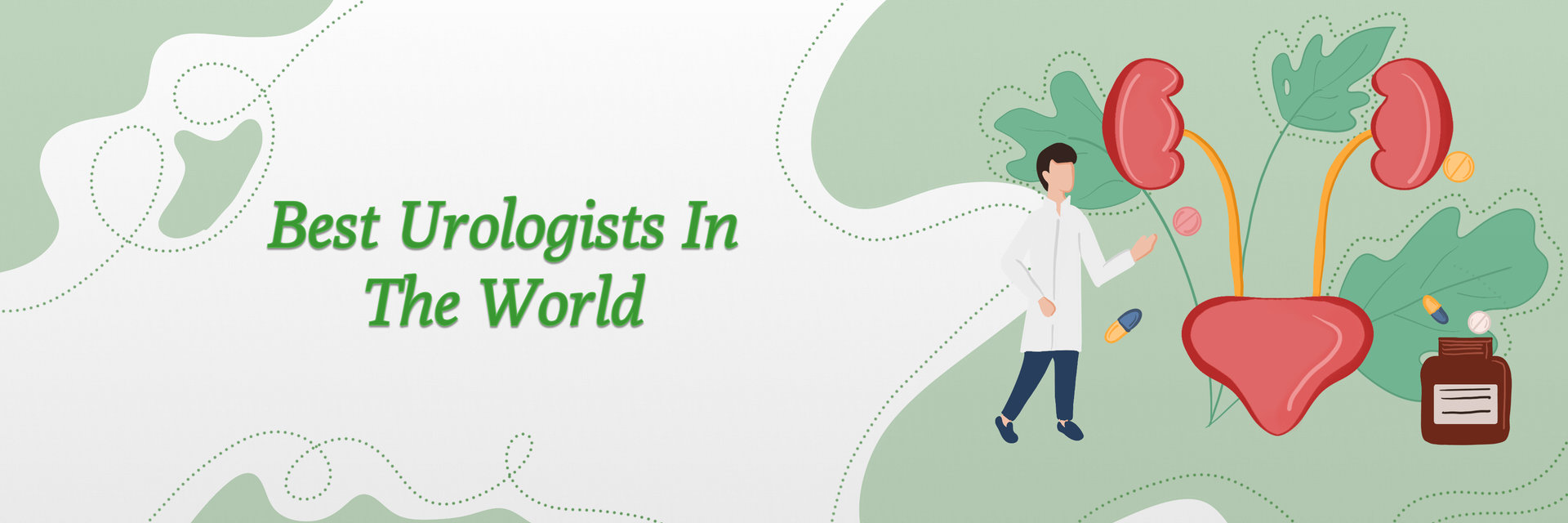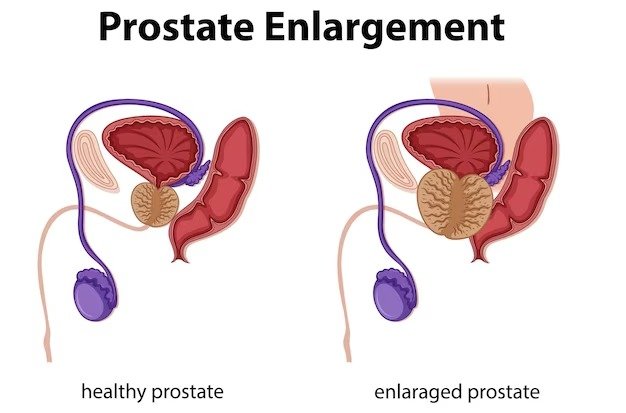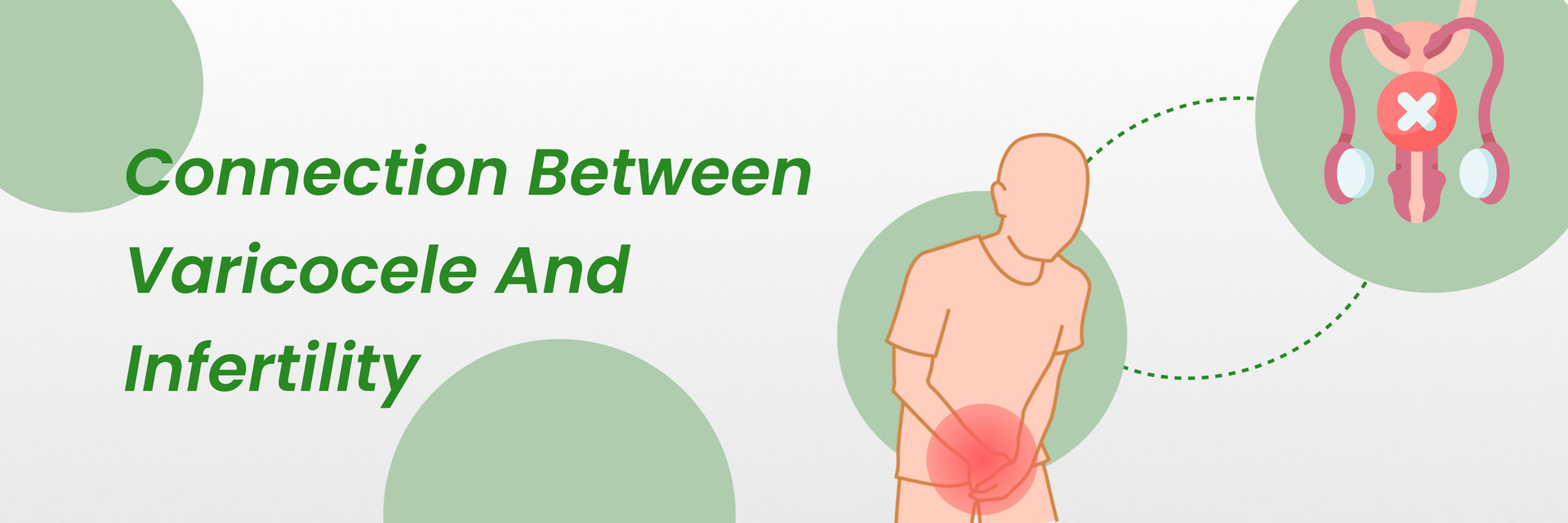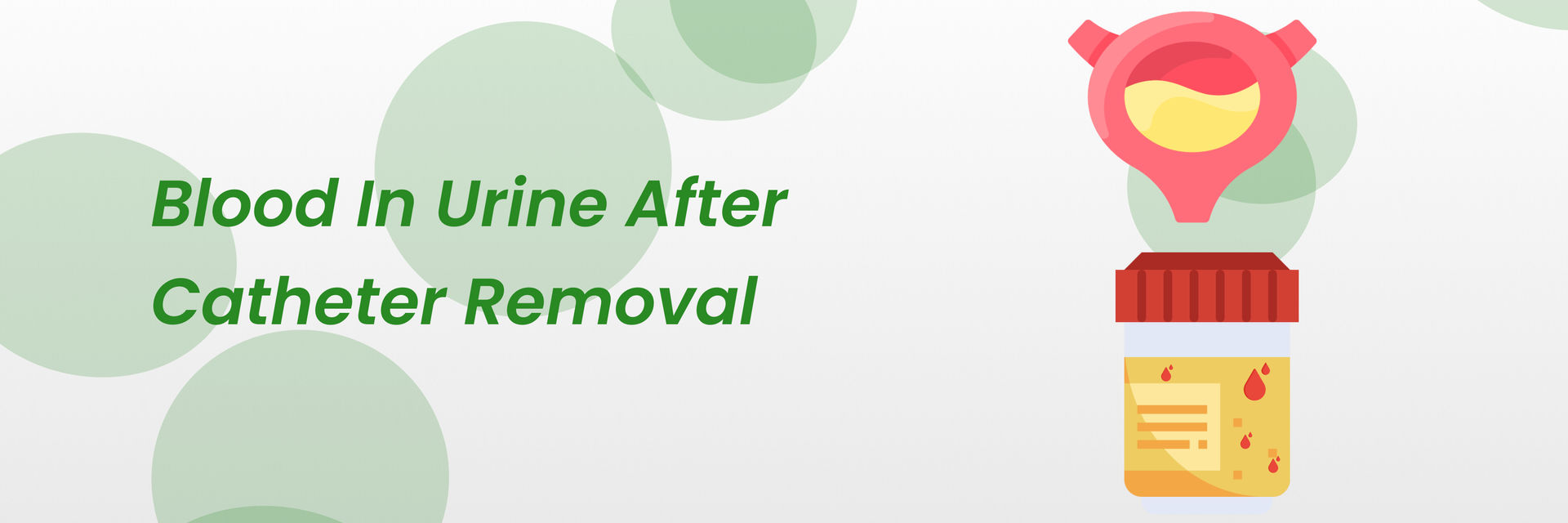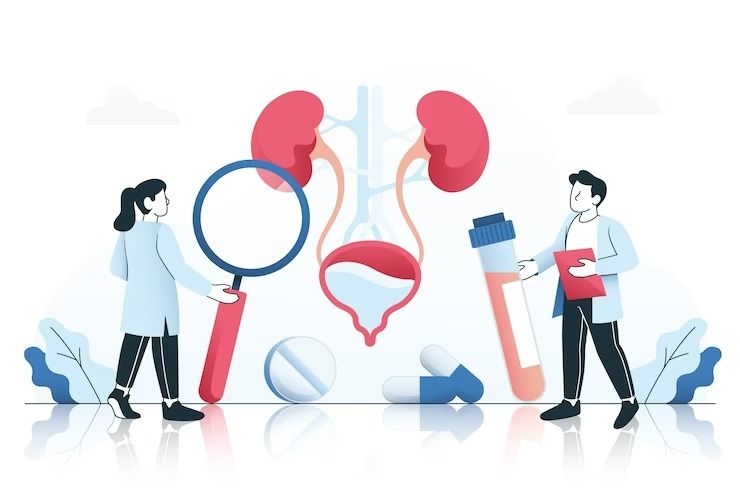Overview
Transurethral Resection of the Prostate (TURP) is a prevalent procedure globally, favored by men aged 50-70 combating Benign Prostatic Hyperplasia (BPH). With a 90% success rate, TURP significantly alleviates urinary symptoms by removing an average of 22 grams of tissue.
While complications such as bleeding and infection are rare, it's important to note the occurrence of blood in urine three months post-TURP, albeit uncommon. Despite this, the mortality rate is nearly zero, attesting to the procedure's safety when performed by skilled surgeons.
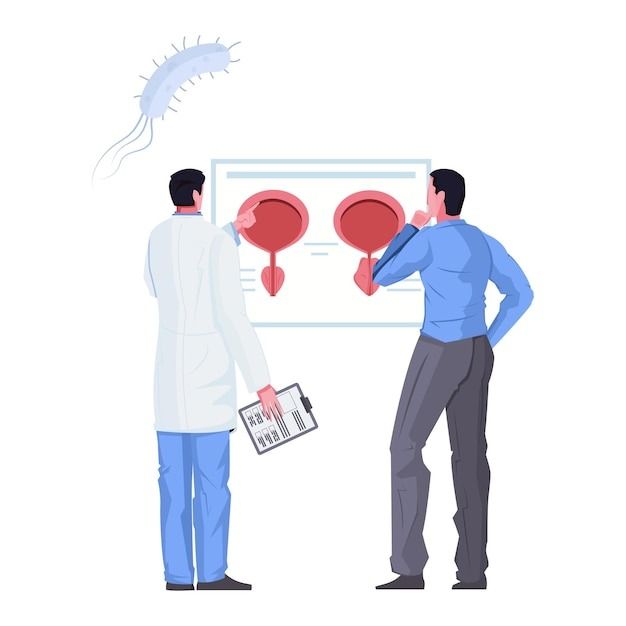
TURP comes in two forms: M-TURP and B-TURP.
Both involve the removal of problematic prostate tissue through the urethra. B-TURP stands out as it uses a special technique with a bipolar energy source, designed to lower the risk of bleeding and damage to healthy tissue. This involves an electrical current flowing between two electrodes.
To understand how well these techniques work, let's look at a 2021 study involving 665 patients who chose elective transurethral procedures for BPH treatment. These statistics give us insights into the results and advantages of these procedures, offering valuable information for those thinking about TURP for prostate-related issues.
| Postoperative hematuria was reported in: | Clot retention was reported in: |
| 3.5% - 15.7% of individuals who receives M-TURP | 4.9% - 7.2% of patients undergoing M-TURP |
| 1% of patients who received B-TURP | 2.7% - 7.9% of patients undergoing B-TURP |
In the 1st, 2nd, and 3rd months following surgery, the proportion of patients who visited the ER (Emergency room) was:
- 5.3%, 5.7%, and 5.9%, with gross hematuria
- 3.2%, 3.3%, and 3.3%, due to clot retention

Is it a common concern to notice blood in urine 3 months after TURP Surgery? Please continue reading to find out.
Is It Normal to Pass Blood in Urine 3 Months After TURP?
TURP is considered a standard and effective procedure for BPH with a high success rate. However, it is an invasive surgery and carries potential risks such as bleeding, infection, and impotence. Recovery time after TURP can take several weeks, and patients may experience some temporary symptoms such as urinary retention and retrograde ejaculation.
The incidence of postoperative hematuria (blood in the urine) after TURP ranges from around 1-15%. However, if the bleeding persists for more than a few days, it may be considered abnormal and should be evaluated by a medical professional.
If it's been three months after the TURP, passing blood in the urine is not considered normal at all. You should see your urologist at the earliest to evaluate the underlying cause.
Take charge of your health and your life. Contact us today!
Are you wondering why postoperative hematuria occurs in a few but not every patient who has undergone TURP? Let’s understand why.
What Can Cause Blood in Urine 3 Months After TURP?
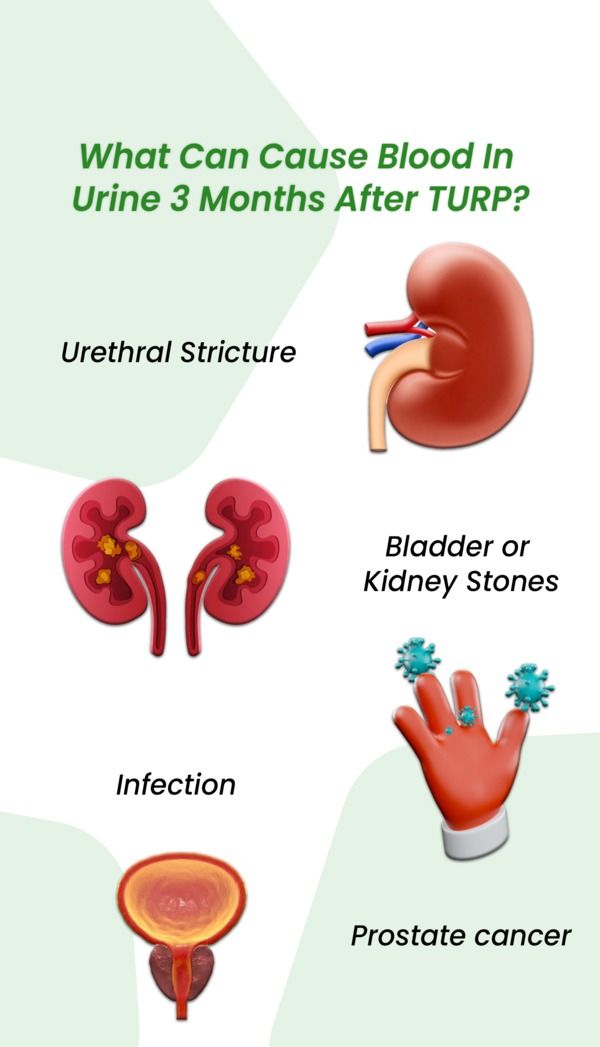
There are several potential causes of blood in the urine (hematuria) that can occur 3 months after a TURP procedure, including:
Urethral stricture
| Scar tissue may form in the urethra, narrowing the passage and causing bleeding. |
Bladder or kidney stones
| Bladder or kidney stones can form after TURP as a result of the increased bleeding and can cause hematuria. |
Infection
| An infection in the urinary tract can cause bleeding, pain, and fever. |
Prostate cancer
| Blood in the urine can be a symptom of prostate cancer, although this is rare. |
Re-accumulation of prostate tissue
| After a TURP procedure, it is possible for some prostate tissue to regrow, which can cause symptoms similar to an enlarged prostate and lead to hematuria. |
It's important to visit your urologist for further evaluation and diagnosis as soon as possible. Your urologist will perform a physical examination, urine test, and imaging tests like ultrasound, CT scan, or cystoscopy to figure out the underlying cause of the symptoms.
Read on to learn and understand the signs of blood in urine after the TURP procedure.
What Are the Symptoms of Hematuria After TURP?

Symptoms | Description |
Blood in the urine (hematuria)
| The presence of red or brownish-colored urine or the appearance of blood clots in the urine. |
Pain or discomfort while urinating
| A burning or stinging sensation while urinating can occur if there is inflammation or irritation in the urinary tract. |
Frequent urination
| The need to urinate frequently or urgently can occur if there is an obstruction in the urinary tract. |
Lower back pain or side pain
| Pain in the lower back or side can occur if there is a problem with the kidneys or bladder. |
It's important to note that some of these symptoms may not be present and the individual may only have hematuria as a symptom. Either way, please seek medical assistance without delay.
What is the Treatment for Blood in Urine 3 Months After TURP?
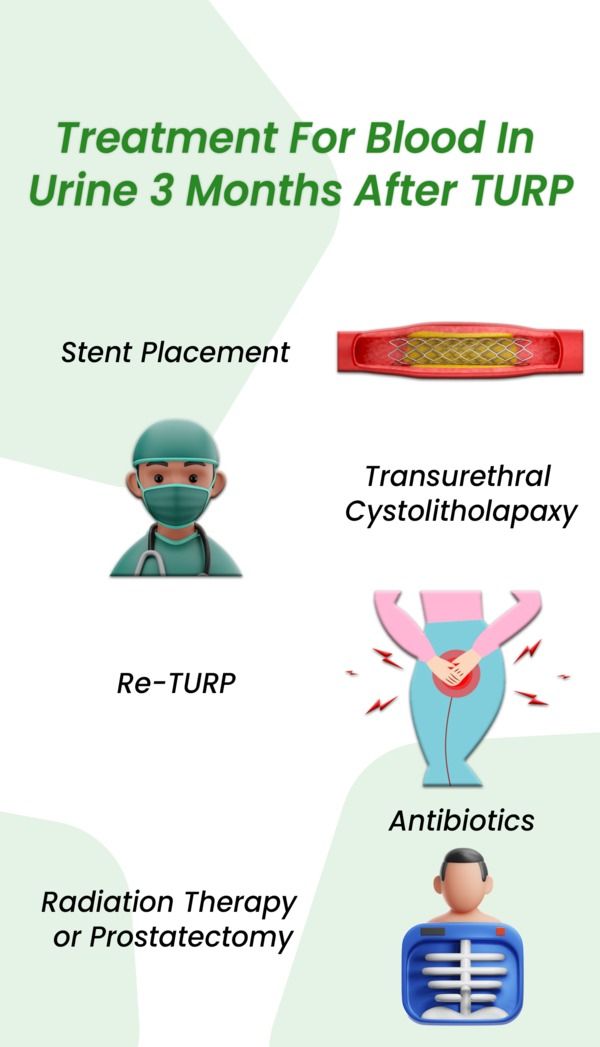
If you are experiencing blood in urine 3 months after a TURP procedure, you must visit a urologist immediately, they may prescribe medications to relieve symptoms such as pain or discomfort while urinating.
Treatment options will depend on the underlying cause of the bleeding. Here are some possible treatment options:
Cause | Treatment | Description |
| Urethral stricture | Stent placement | Stent placement for urethral stricture involves inserting a small tube-like device into the urethra to prop open the narrowed area and allow urine to flow more freely. |
| Bladder or kidney stones | Transurethral cystolitholapaxy | A procedure that uses a scope and laser to break up and remove bladder stones through the urethra. |
| Re-accumulation of prostate tissue | Re-TURP | A surgical procedure that involves the removal of prostate tissue with a resectoscope via the urethra, which is performed again after a previous TURP surgery. |
| Bladder or urinary tract infection | Antibiotics | Antibiotics work by killing or inhibiting the growth of bacteria that cause bladder or urinary tract infections (UTIs). |
| Prostate cancer | Radiation therapy or prostatectomy | Radiation therapy for prostate cancer uses high-energy beams to target and kill cancer cells. Prostatectomy is a surgical procedure that involves the removal of the prostate gland, either through open surgery or laparoscopically, to treat prostate cancer. |
Want to inquire your about personalized treatment expenses? Don't hesitate. Talk to us today.
What Can Happen If Hematuria After TURP is Left Untreated?
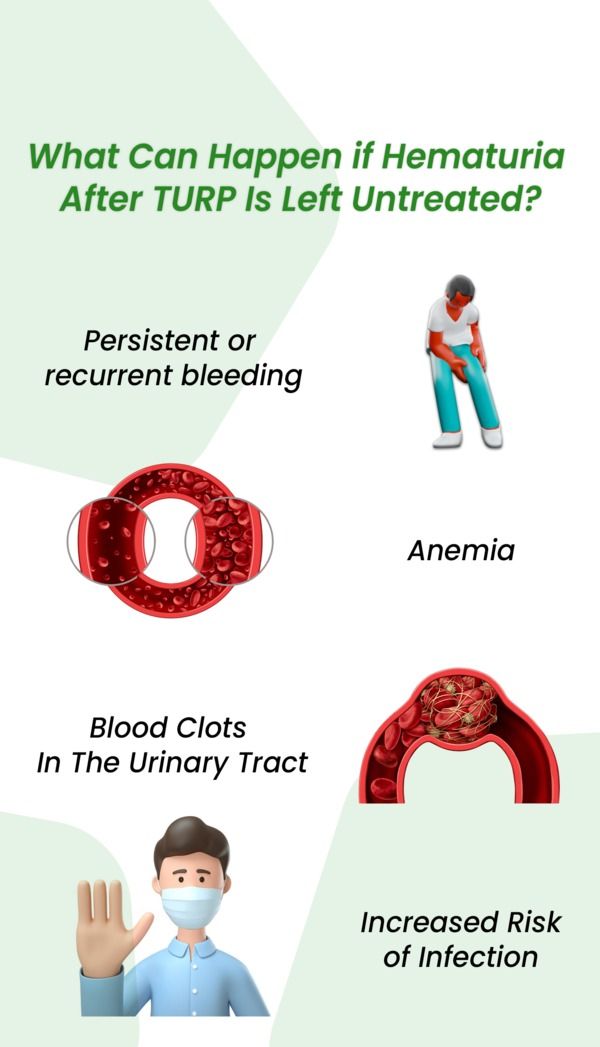
Not treating hematuria (blood in the urine) post a transurethral resection of the prostate (TURP) can bring about complications. Persistent blood loss may result in anemia, and clots forming can block urine flow, causing urinary retention. There's also a risk of infection, as blood can foster bacterial growth. Additionally, ongoing bleeding might signal more serious underlying issues that require attention.
Are you going through the adverse effects of TURP? You may be wondering how long you have to experience the distressing symptoms. Let’s find out.
How Long Do the Effects of TURP Last?
After TURP (Transurethral Resection of the Prostate), immediate postoperative symptoms include burning during urination and pink urine for 1-3 weeks. The urge to urinate frequently may persist for up to 6 weeks, gradually improving. Healing brings better urine control.
Returning to work is possible within 1-3 weeks, but heavy lifting is advised against for 6 weeks. Sexual function may include erections post-surgery, but retrograde ejaculation is possible. Long-term effects may involve retrograde ejaculation and potential erection issues, depending on pre-existing conditions. In some cases, TURP may lead to lasting difficulties with urine passage.
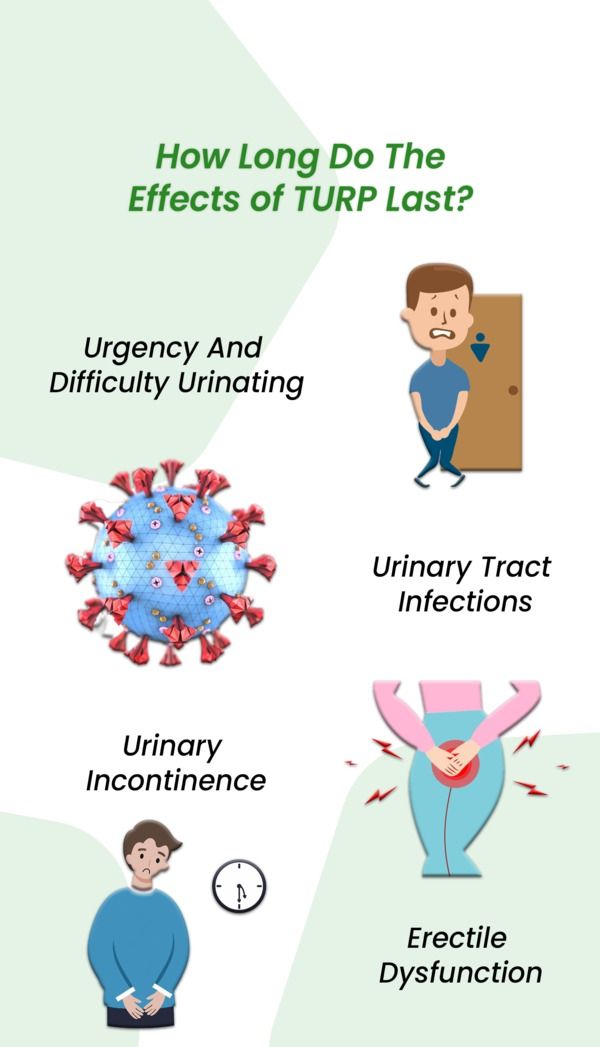
These may last for several weeks after TURP as the body recovers from the procedure. Your doctor will provide specific instructions for recovery and when you can return to normal activities.
So, we now know that blood in urine is a common occurrence following a TURP procedure. Let’s understand if we can prevent the symptom from recurring in the future.
What Are the Preventive Measures For Future Occurrences of Blood in the Urine After a TURP Surgery?

Several preventive measures can be taken to reduce the risk of blood in the urine (hematuria) after a TURP surgery. These include:
- Following post-operative care instructions, like taking care of the catheter, until well enough to resume normal activities.
- Drinking plenty of fluids to flush out the urinary tract and reduce the risk of infection.
- Taking medications prescribed by your surgeon to reduce inflammation and swelling, and reduce the risk of bleeding.
- Avoiding constipation by maintaining regular bowel movements.
- Monitoring your symptoms and reporting any persistent or recurrent hematuria to your doctor as soon as possible.
- Following the schedule for regular follow-up appointments with your doctor to monitor your recovery and address any concerns or complications.
- Avoiding certain activities like heavy lifting, sexual intercourse, and strenuous exercise for at least 6 weeks after the surgery.
It's important to note that TURP is an invasive procedure, and it may take some time for the body to fully recover.
Need more information or advice?
References:
https://pubmed.ncbi.nlm.nih.gov/9839574/
